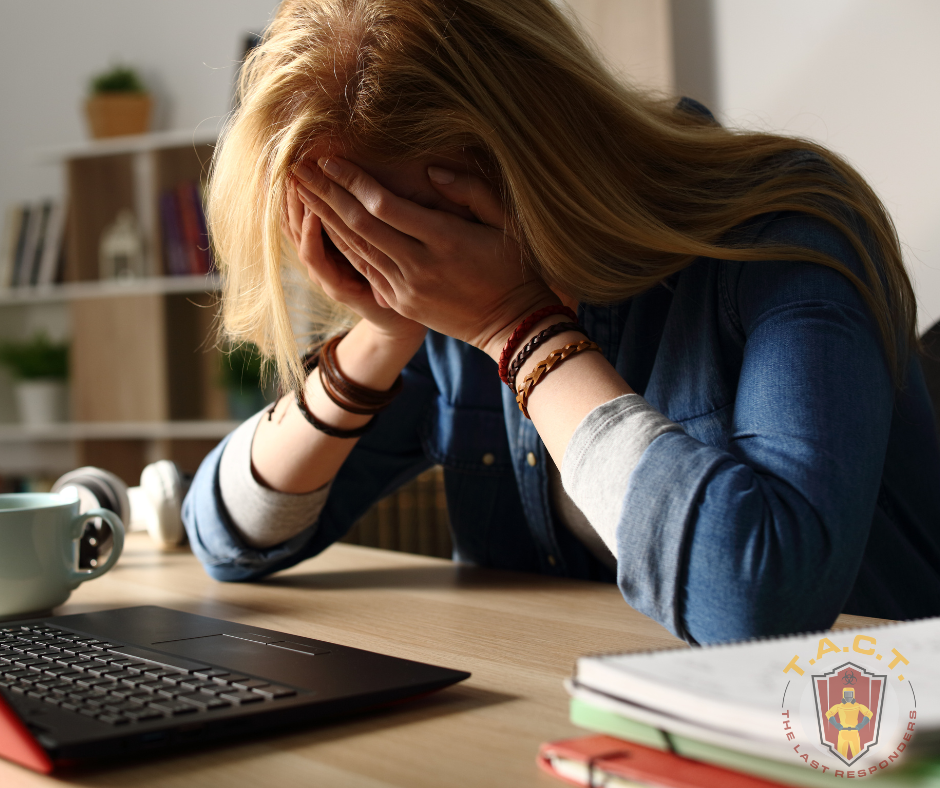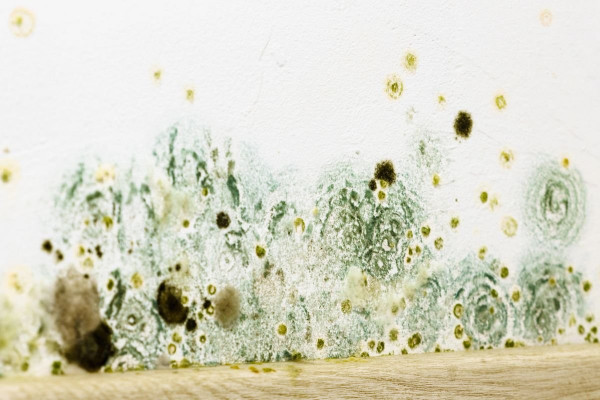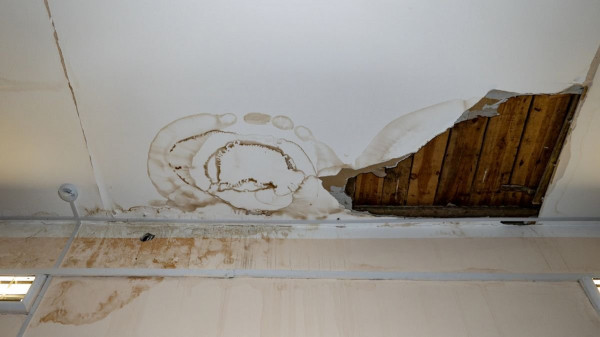Breaking the Cycle: Hoarding and Its Impact on Mental Health

Breaking the Cycle: Hoarding and Its Impact on Mental Health


Hoarding is more than just an accumulation of belongings; it's a complex and often misunderstood condition that significantly impacts mental health. While the physical clutter is visible, the emotional turmoil that lies beneath can sometimes be overlooked. It's essential to recognize the profound impact hoarding has, not only on living environments but also on individuals' mental well-being. In this exploration, we dive deep into how hoarding intertwines with mental health concerns, particularly depression, and uncover ways to compassionately address this multifaceted issue.
At its core, hoarding is characterized by an excessive collection of items, regardless of their value, and a persistent difficulty in parting with them due to a perceived need to save them. This compulsion goes beyond simple clutter or messiness. The spaces of someone struggling with hoarding are often uninhabitable, filled to the brim with possessions that impede daily activities. However, what’s not immediately apparent is the inner turmoil associated with this disorder. Often, hoarding is a manifestation of underlying emotional distress, anxiety, or past trauma, turning possessions into perceived sources of comfort or security.

The psychological impact of hoarding is profound. Living in a cluttered environment can lead to feelings of embarrassment, social isolation, and stress. These feelings are not stagnant; they evolve and can significantly deteriorate an individual's mental health, leading to severe depression. The cycle of hoarding exacerbates these issues, creating a daunting loop where depression can fuel further hoarding behavior, which in turn deepens the depressive episodes, forming a vicious circle that's hard to break.

Addressing hoarding and its mental health implications requires a compassionate and multifaceted approach. It’s crucial to understand that hoarding is not a matter of poor choices or laziness, but a serious mental health condition that necessitates patience, understanding, and professional help. Initiating conversation about the issue without judgment is a vital first step. Encouragement to seek professional assistance, whether in the form of therapy, counseling, or support groups, can provide the necessary guidance and support network.
Moreover, strategies to tackle the physical aspects of hoarding, like gradual decluttering and organizing, should be considered as part of a comprehensive treatment plan. Breaking the cycle of hoarding demands addressing both the physical and emotional challenges. Small, manageable steps towards decluttering, accompanied by consistent emotional support, can make a significant difference. Understanding the psychological triggers and learning healthier coping mechanisms are also crucial in overcoming hoarding and improving mental health.

In conclusion, hoarding is a complex issue that deeply affects individuals’ mental health, particularly fostering conditions like depression. Breaking this cycle involves a blend of empathy, patience, and professional intervention. By tackling both the physical clutter and the emotional distress head-on, individuals can start on the path to recovery, transforming their living spaces and, most importantly, healing their mental state.
Latest news

Mold Mitigation and Mold Removal in Lansing, MI, and the Surrounding Areas
Mold Mitigation, Mold Removal, and Mold Remediation in Lansing, MI. Get All of The Mold with Professional Mold Removal, Mold Testing, Mold Treatment, Mold Abatement, and Black Mold Removal.
Read More
Water Removal and Water Mitigation in Sterling Heights, Troy, Novi, Detroit, Lansing, MI, and the Surrounding Areas
Water Removal and Water Mitigation in Sterling Heights, Troy, Novi, Detroit, and Lansing, MI. Water Damage Restoration, Water Restoration Services, Mold Remediation, and Mold Removal.
Read More
Mold Testing and Inspection in Sterling Heights, Troy, Novi, Detroit, Lansing, MI, and the Surrounding Areas
Mold Testing and Mold Inspection in Sterling Heights, Troy, Novi, Detroit, and Lansing, MI. We Look in All Areas for Professional Mold Removal, Mold Mitigation, and Mold Remediation.
Read More